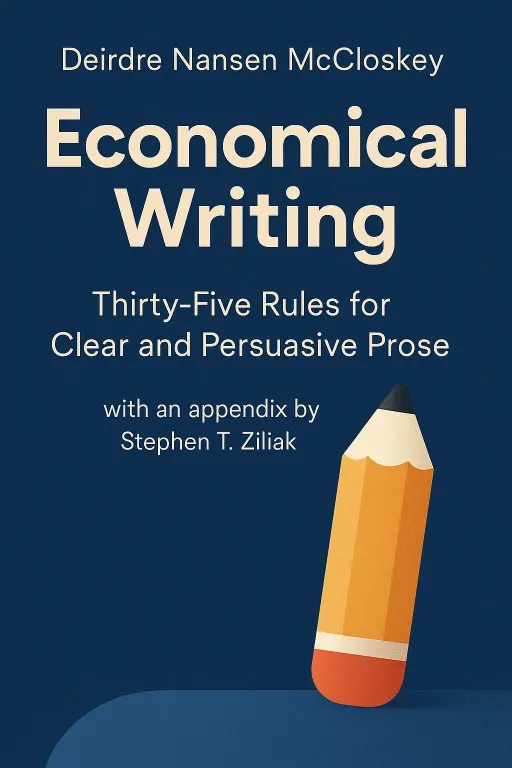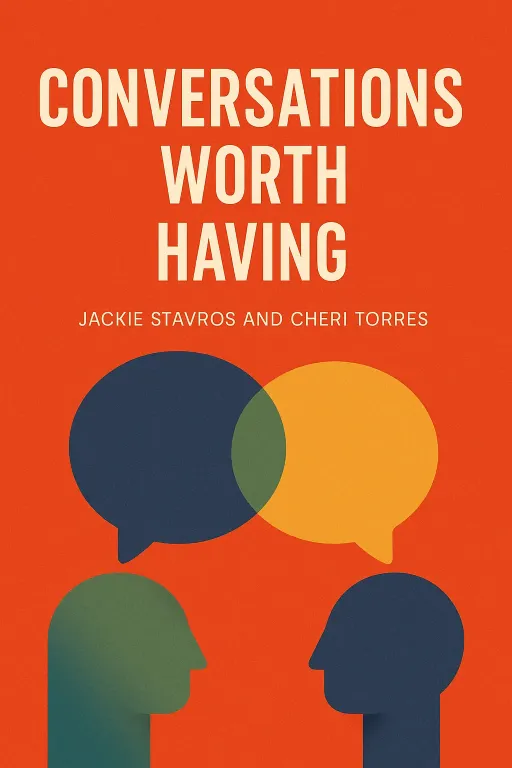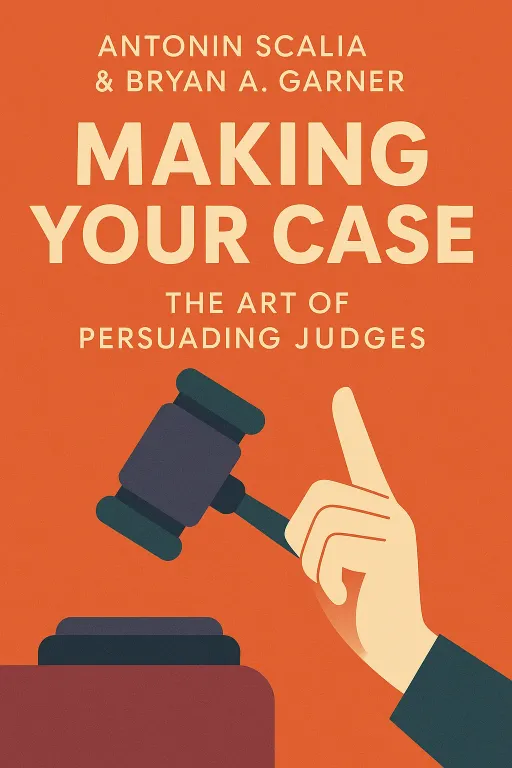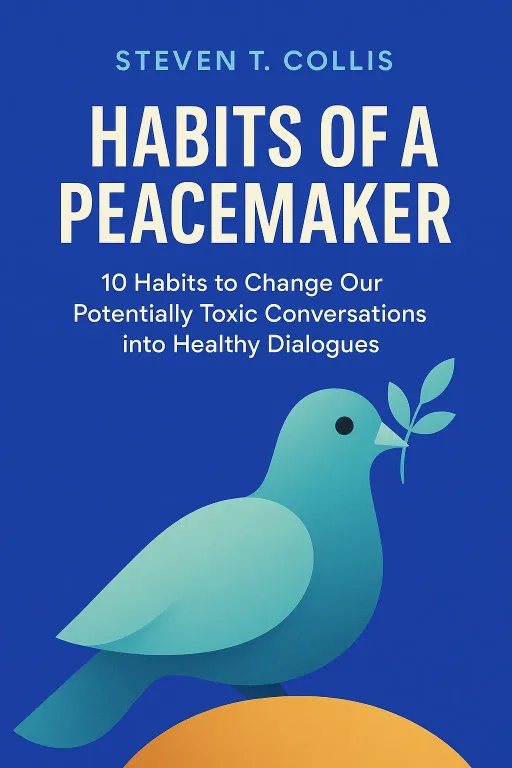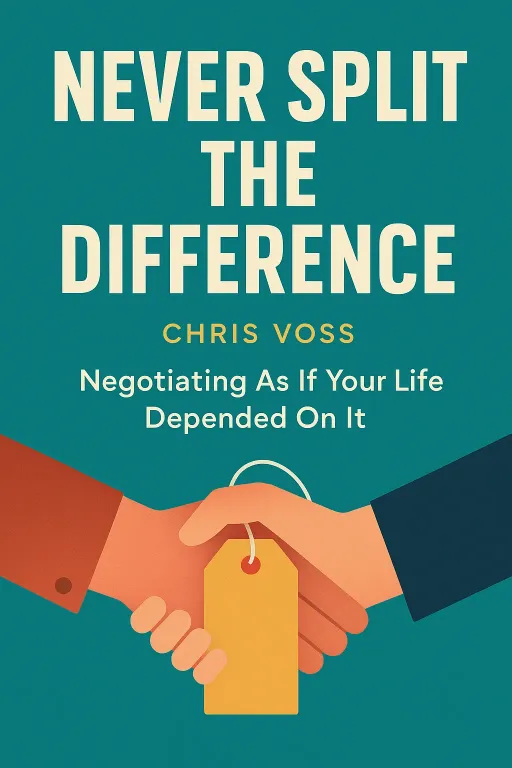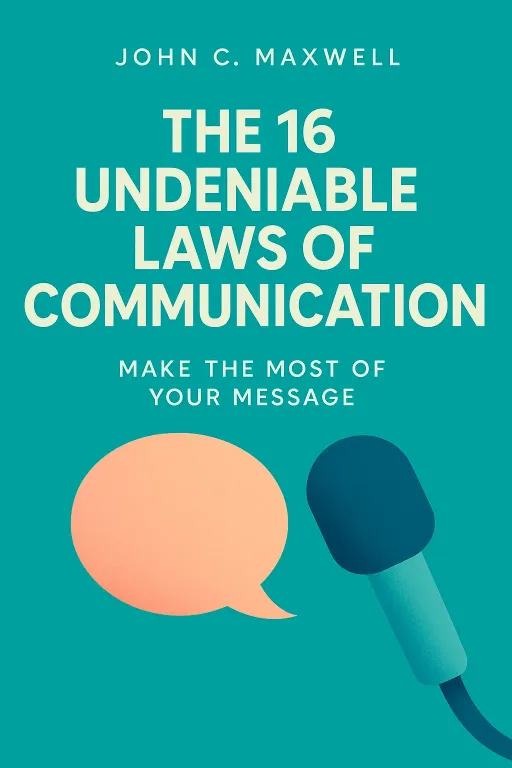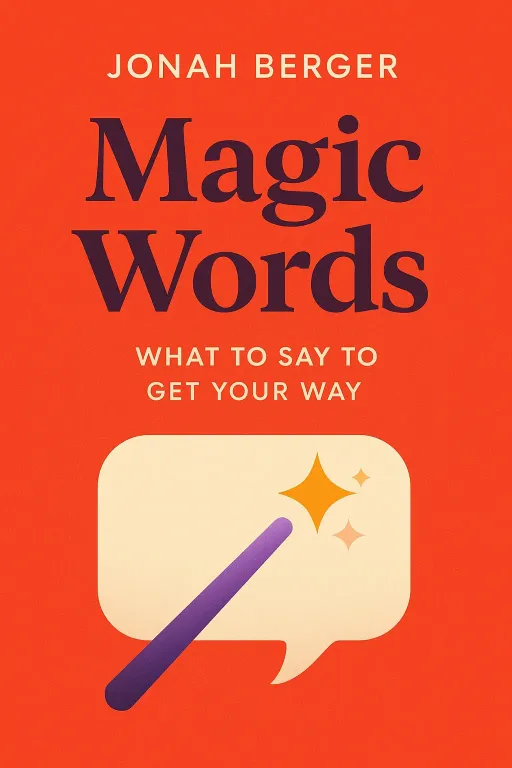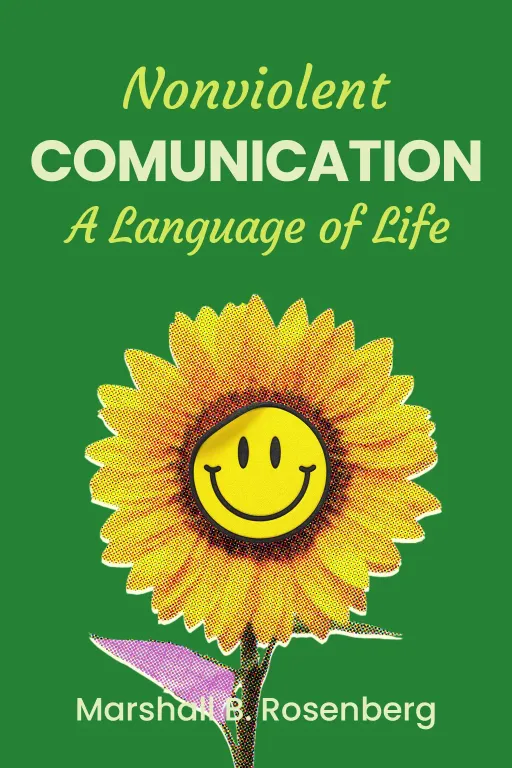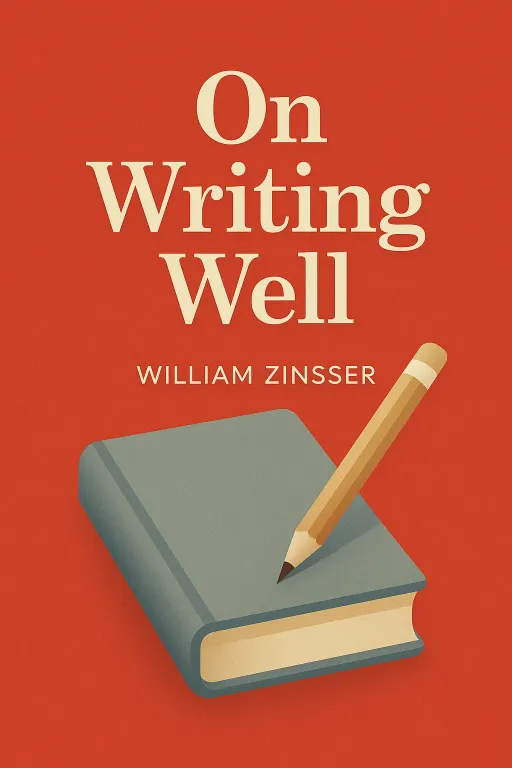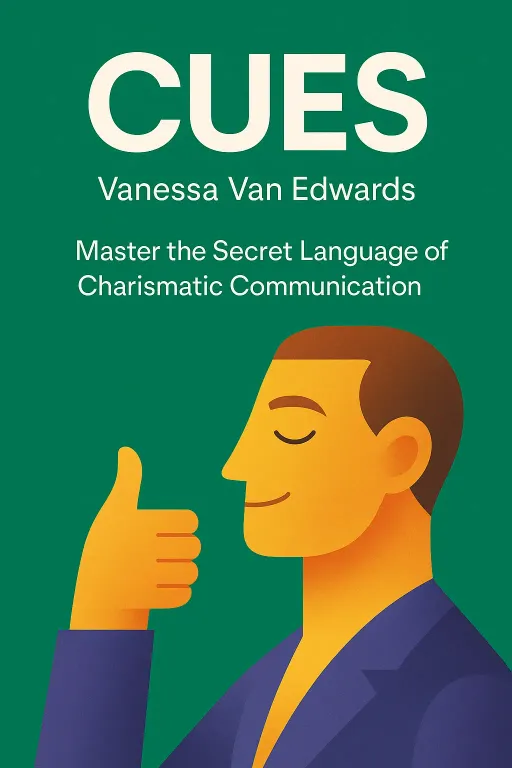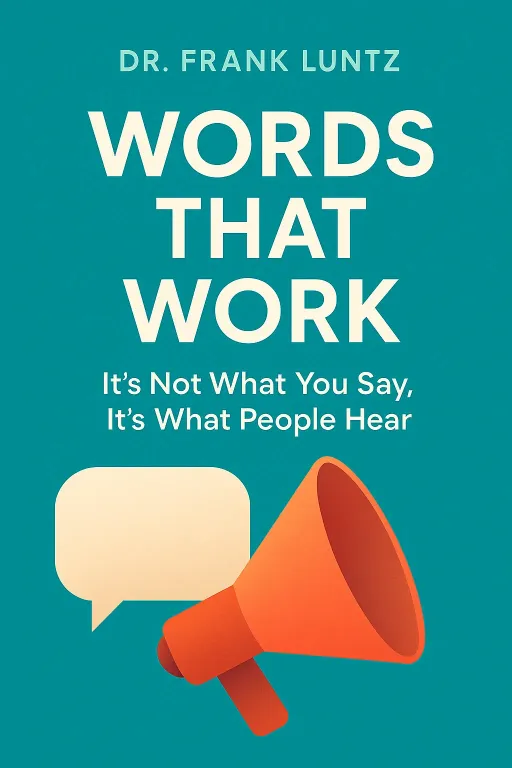
The 'Death Tax' Playbook
12 minIt's Not What You Say, It's What People Hear
Golden Hook & Introduction
SECTION
Michelle: Alright Mark, I'm going to say a phrase, and you give me your gut reaction. "The Death Tax." Mark: "The Death Tax." Wow. That sounds ominous. Like something out of a Dickens novel. I'm picturing a grim reaper with an IRS badge, coming to tax my ghost. It feels heavy, unfair, and personal. Michelle: Exactly. Personal. Unfair. You just perfectly demonstrated the entire premise of the book we're talking about today: Words That Work: It's Not What You Say, It's What People Hear by Dr. Frank Luntz. Mark: Ah, Frank Luntz. The master of political language. I know he’s a top Republican pollster and consultant, and a pretty controversial figure for some. Didn't he help craft the language for the famous "Contract with America" back in the 90s? Michelle: He did. And that phrase, "death tax," is one of his most famous and effective rebrands. He took the neutral, bureaucratic term "estate tax"—which sounds like something that only affects wealthy people with sprawling manors—and turned it into the "death tax." Suddenly, it's not about estates; it's about death. It’s emotional, it’s universal, and it feels like the government is kicking you when you're down. Mark: That is… disturbingly effective. It bypasses the logical brain and goes straight for the gut. And it proves the book's title, right? He didn't change the policy, he just changed the words, and in doing so, he changed what people heard. Michelle: He changed what they heard, and in turn, he changed how they felt and how they voted. Luntz’s core argument is that communication isn't a one-way street. It's a transaction where the listener's perception is the only currency that matters. And some of the biggest communication blunders in history happened because people forgot that simple rule.
The Audience is the Arbitrator: 'It's Not What You Say, It's What People Hear'
SECTION
Mark: Okay, so give me an example. A big one. Where did a leader say one thing, but the public heard something completely different? Michelle: The most classic, almost unbelievable case is President Jimmy Carter's famous "Malaise" speech in 1979. Mark: Oh, I know this one! The speech where he told America it was suffering from a national "malaise," and it completely backfired. A huge political own-goal. Michelle: Here's the kicker, Mark. He never said the word "malaise." Not once. Mark: Wait, what? Hold on. That can't be right. It's literally called the "Malaise Speech." I've seen it referenced that way in history books. Michelle: I know, it’s wild. The actual title was the "Crisis of Confidence" speech. At the time, America was in a terrible funk. There were long gas lines, high inflation, a sense of national drift. Carter went to Camp David for ten days, met with regular Americans, and came back to give this big address to the nation. His goal was to connect, to show he understood their pain, and to inspire them. Mark: But that’s not what happened. Michelle: Not at all. He talked about a "crisis of the spirit" and criticized American self-indulgence and consumerism. He was trying to be a reflective, honest leader. But what people heard was a president who was scolding them, a leader who was just as depressed and hopeless as they were. They didn't hear a call to action; they heard a diagnosis of a sickness with no cure. The media picked up on that feeling, a journalist used the word "malaise" to describe the speech's tone, and it stuck. Forever. Mark: Wow. So the entire country, and history itself, basically gaslit him. They collectively decided he said a word he never uttered, because it fit the feeling he gave them. That’s incredible. It proves his point in the most brutal way possible. Michelle: It's the ultimate example of "it's not what you say, it's what people hear." Carter's words were filtered through the audience's existing anxiety and frustration. They were looking for a captain to steer them through the storm, and instead, they got a philosopher wondering why the storm existed in the first place. Mark: This raises a fascinating ethical question, though. Is it the speaker's fault if the audience mishears? Or are people just determined to hear what they want to hear? Luntz's work gets a lot of criticism for being manipulative. Some reviews of this book are polarizing, with readers calling his techniques amoral. Where is the line between effective communication and just… high-level spin? Michelle: Luntz actually addresses this head-on in the book. He quotes the famous screenwriter Aaron Sorkin, who basically says all persuasive language is a form of manipulation. Think of a magician. If you can see how the trick is done, it's bad magic. If you can't, it's good magic. Sorkin argues that storytelling is the same—it's designed to make you feel something at a specific moment. Mark: So the difference isn't between manipulation and honesty, but between obvious manipulation and elegant manipulation? That's a cynical take, but I can't say it's entirely wrong. Michelle: Luntz's argument is that the goal should be clarity and connection, not deception. The "Malaise" speech failed not because Carter was a manipulator, but because he was a bad one. He failed to understand his audience's emotional state. He was speaking from his head, and they were listening with their hearts. Mark: Okay, so if we accept that the audience is in charge, that their perception is reality, it feels a little hopeless. How can anyone possibly control their message if it can be hijacked so easily? Michelle: That's where the second half of the book comes in. It’s not hopeless. Luntz argues that while you can't control perception with 100% certainty, you can stack the deck in your favor. He provides a toolkit, a set of rules for crafting language that is much, much harder to misinterpret.
The Ten Rules of Effective Language: A Practical Toolkit for Persuasion
SECTION
Mark: A toolkit, I like that. It sounds practical. What's rule number one? Michelle: Rule number one is Simplicity. Use small words. Luntz is ruthless about this. He points out that according to census data, less than half of American adults have attended college, and only about a quarter have graduated. If you're using words like "belligerent" or "myopic unilateralism," you're not sounding smart, you're sounding arrogant and out of touch. Mark: I can see that. He gives examples of this, right? Michelle: Oh, fantastic ones. He points to politicians like Newt Gingrich, Al Gore, and John Kerry. All incredibly bright people, but their intellectual, polysyllabic language often alienated voters. Gingrich was seen as bombastic. Kerry's complex phrases about "progressive internationalism" made him sound like a walking thesaurus, not a leader. The message people heard wasn't "this guy is smart," it was "this guy is not like me." Mark: It’s the classic case of wanting a president you could have a beer with. You don't want to have a beer with someone who uses the word "myopic." Michelle: Exactly. And this pairs with Rule Two: Brevity. Use short sentences. He quotes Mark Twain, who famously said, "I didn't have time to write a short letter, so I wrote a long one instead." Being brief is hard work. It requires discipline. But it's more memorable and more powerful. Mark: Okay, simplicity and brevity make sense. But that feels like basic writing advice. What's a rule that's more surprising, more strategic? Michelle: Rule Nine: Ask a Question. Luntz argues that a well-posed question can be infinitely more powerful than a direct statement. A statement can be rejected, but a question invites the listener into the conversation. It forces them to engage and come to the conclusion on their own. Mark: And I bet he has a killer example for this one. Michelle: The absolute best. The 1980 presidential debate between Ronald Reagan and Jimmy Carter. Carter's presidency had been plagued by that "malaise" we talked about, economic trouble, the Iran hostage crisis. Reagan could have stood there and listed all of Carter's failures. He could have said, "The economy is terrible, and it's your fault." Mark: But he didn't. Michelle: He didn't. Instead, he looked directly into the camera, speaking to the millions of Americans watching at home, and he asked a simple, devastating question: "Are you better off today than you were four years ago?" Mark: Oof. That's a gut punch. Michelle: It's a masterstroke. Because it's not an attack, it's an invitation. It turns every single voter into a juror in their own life. They don't have to take Reagan's word for it. They just have to look at their own bank account, their own job security, their own sense of hope. The question propelled Reagan from being neck-and-neck with Carter to a landslide victory just days later. Mark: That one question reframed the entire election. It wasn't about Reagan's policies versus Carter's policies anymore. It was about the voter's personal experience. It's brilliant because it's unarguable. Carter can't tell a voter that they are better off if they don't feel better off. Michelle: And that’s the power. It respects the listener's intelligence and empowers them. It follows the core principle: it's what people hear—or in this case, what they ask themselves—that matters. This isn't just for politics, either. Think about advertising. Burger King's old slogan, "Have It Your Way." Mark: A classic. Michelle: It works because of Rule Ten: Provide Context and Explain Relevance. The slogan wouldn't mean anything without the unspoken context that its main competitor, McDonald's, was all about mass-produced, assembly-line uniformity. "Have It Your Way" was a direct answer to the frustration of not being able to get a burger without pickles. It provided context and relevance in just four words. Mark: It’s amazing how these rules are everywhere once you start looking for them. From presidential debates to fast-food jingles. It feels like Luntz has just given us the keys to the Matrix of communication. Michelle: He really has. And it’s a powerful set of keys. The book has been incredibly influential in both politics and corporate PR. Pharmaceutical companies, for example, shifted their language from "treatment" to "prevention" and "wellness" based on his advice. It’s less about sickness and more about aspiration. Mark: Which brings us back to the ethical tightrope. Is it a good thing that a corporation can use language to make us feel better about a product without changing the product itself? It makes me think about the book's reception—some people see it as a vital guide, others as a playbook for deception. Michelle: And that's the tension at the heart of the book. Luntz provides the tools, but he doesn't dictate how they should be used. He's showing us how the engine of persuasion works, for better or for worse. The book is both a "how-to" guide and a "how-to-spot-it" guide.
Synthesis & Takeaways
SECTION
Mark: I guess that's the big takeaway for me. This isn't just a book for CEOs or political strategists. It's a book for consumers and voters. It's a form of literacy. Once you understand these principles, you can't un-see them. Michelle: Exactly. You start to analyze everything. A commercial comes on, and you think, "Ah, they're using Rule Seven: Speak Aspirationally." A politician gives a speech, and you notice they're using Rule Nine by asking rhetorical questions. It makes you a more critical, more informed listener. Mark: So it's a two-part system. First, you have to humbly accept that the audience is in charge of the meaning. Your intent is almost irrelevant. Second, you use these rules—simplicity, questions, context, aspiration—not to force a message on them, but to guide their perception. It's less about shouting your message and more about creating the conditions for them to hear it clearly. Michelle: That’s a perfect summary. It's about building a bridge between your message and their mind. And Luntz's work, for all its controversy, provides a very detailed blueprint for that bridge. It's a powerful guide, but also a cautionary tale. The techniques are so effective that they demand a sense of responsibility from the person using them. Mark: It really makes you think. The next time I hear a slogan or a political promise, I'm going to be asking myself a different set of questions. Michelle: Like what? Mark: Not just "Do I agree with this?" but "Why did they choose those words? What emotion are they trying to trigger? What do they want me to hear?" Michelle: And that, right there, is why this book is so important. It doesn't just teach you how to speak; it teaches you how to listen. Mark: A powerful and slightly terrifying thought to end on. Michelle: This is Aibrary, signing off.
